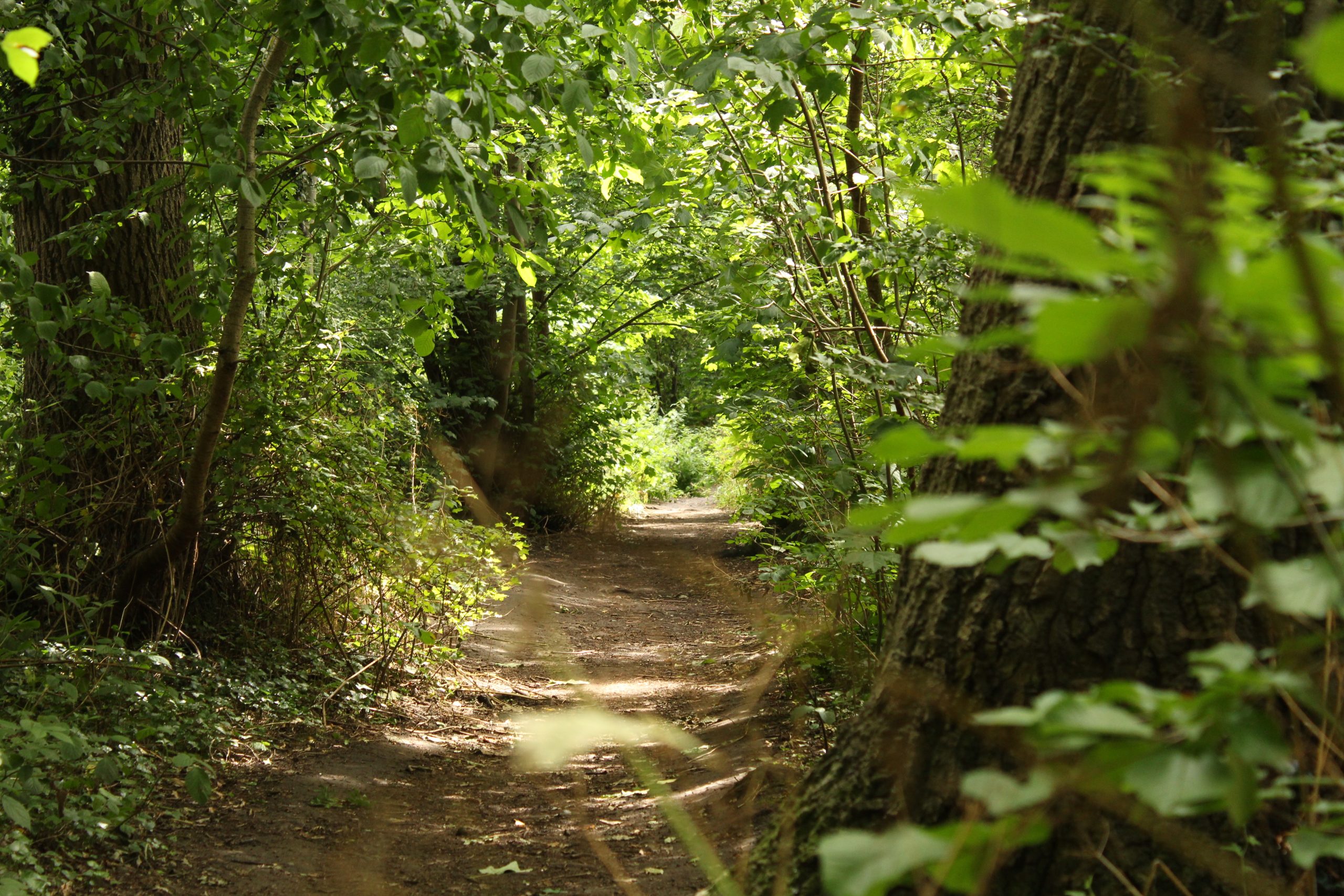What if you had a terminal illness and you didn’t realise it? What if other people found out and chose what was going to happen to you next?
If that involved moving to a Native American village and living among people who have a very different way of living and view of the world, would you do it? How would it challenge your existence and how you understand meaning, morality, truth, in essence – life itself?
Step into the shoes of Anglican priest Mark Brian, in Margaret Craven’s novel I Heard the Owl Call My Name and paddle quietly up the river to the village of Kingcome to find out.
It’s difficult to know how to begin writing about this novel. I picked up a battered copy of it in a charity shop on a whim a few years ago. All I can say is that reading it has dramatically changed my perspective.
It is a steady book with a firm hold on time, and it is unbelievably rich in texture, colour, light, and feeling.
Craven’s ability to explain a world of Native American culture and life – teetering on the edge of change – is remarkably moving.
Works of fiction are just as much sources of comfort as they are sources of entertainment. This is the sort of book I turn to when I need to see words on a page that simply work. Words that are not messy, elaborate, or frustratingly inadequate; words that really have something to say.
I know very little about Margaret Craven the author, but it looks like this short novel was her debut in the book market, having been a journalist before.
It also looks like the work is intimately linked to the time she spent among some Native American communities in British Columbia in the mid 20th century, as modern life took hold and they were on the brink of disappearing.
While this gives the story a strong sense of authenticity (a feeling that you are really there, unparalleled, at least for me, by any other book I have ever read), it also raises its own issues.
Craven was, as far as I’m aware, a wealthy, well-educated, middle-class American woman, and clearly heavily influenced by her Christian beliefs in her writing. This has the potential to complicate the presentations of Native American life by projections of ‘otherness’, fictionalisation. The entire novel is also centred on the experience of a Christian missionary, which many readers may disagree with, and which is also bound up in a messy past of the Christian church and its relationship with native peoples.
Nevertheless, I think this book deserves more of the spotlight. Published in 1967, it raises timeless questions about life that are as poignant now as ever.
